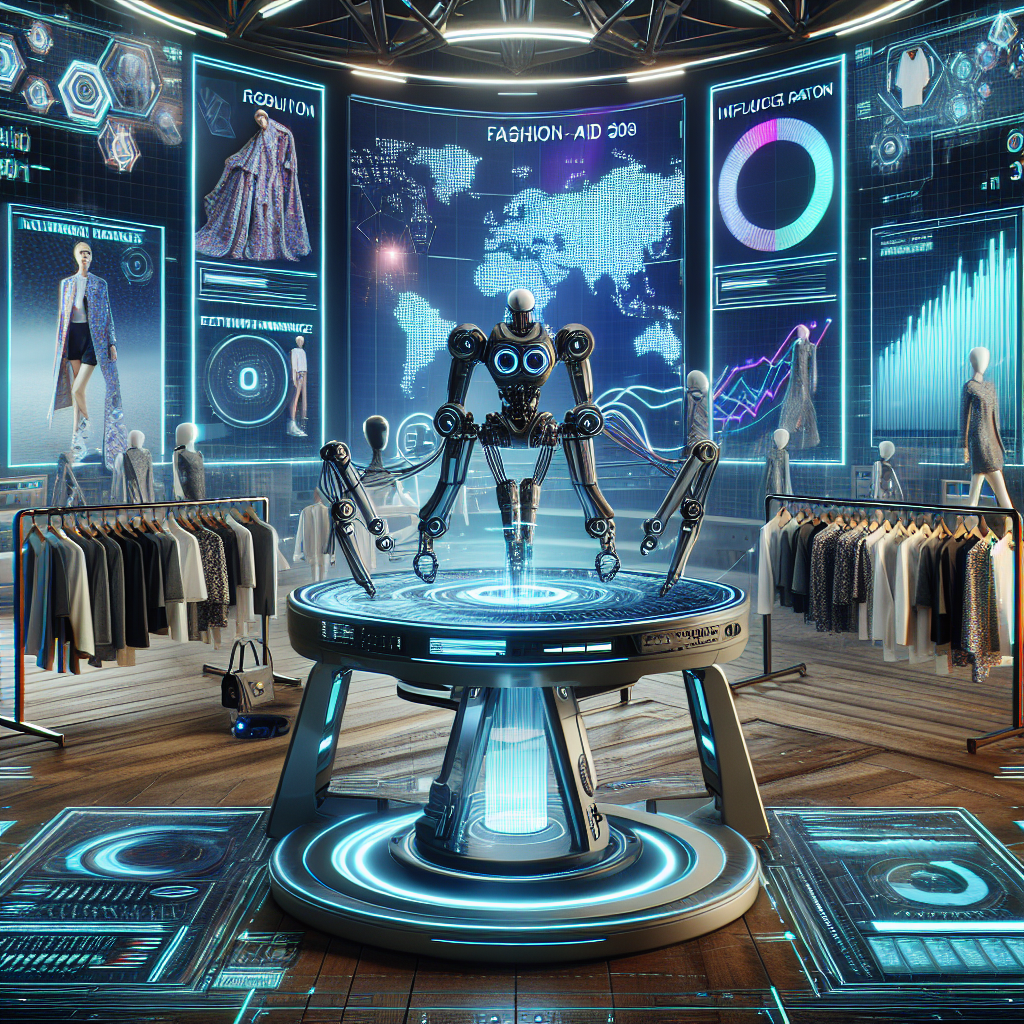Influencer marketing has become a key strategy for fashion brands looking to reach their target audience in a more authentic and engaging way. With the rise of social media platforms like Instagram, influencers have become powerful voices in the fashion industry, with millions of followers looking to them for style inspiration and product recommendations. In recent years, the role of artificial intelligence (AI) in influencer marketing has been growing, revolutionizing the way brands identify, collaborate with, and measure the success of their influencer campaigns.
The use of AI in influencer marketing allows brands to analyze vast amounts of data to identify the most relevant influencers for their target audience. By using AI-powered algorithms, brands can analyze factors such as engagement rates, follower demographics, and previous brand collaborations to select influencers that are most likely to resonate with their target market. This data-driven approach helps brands make more informed decisions when choosing influencers, leading to more successful partnerships and higher ROI.
AI also plays a crucial role in streamlining the influencer campaign management process. From negotiating contracts and setting campaign objectives to tracking performance and measuring ROI, AI tools can automate many of the time-consuming tasks associated with influencer marketing. This allows brands to focus on creating high-quality content and building meaningful relationships with influencers, rather than getting bogged down in administrative tasks.
One of the key benefits of using AI in influencer marketing is the ability to track and measure the success of campaigns in real-time. AI-powered analytics tools can provide brands with valuable insights into the performance of their influencer partnerships, allowing them to optimize their strategies for maximum impact. Brands can track metrics such as engagement rates, click-through rates, and conversions to understand the effectiveness of their influencer campaigns and make data-driven decisions for future collaborations.
In addition to identifying and managing influencers, AI can also help brands create more personalized and targeted content for their influencer campaigns. By analyzing consumer data and behavior patterns, AI tools can help brands understand the preferences and interests of their target audience, allowing them to tailor their content and messaging to resonate with their followers. This level of personalization can lead to higher engagement rates and increased brand loyalty among consumers.
Overall, the integration of AI in influencer marketing has the potential to revolutionize the way brands engage with their target audience in the fashion industry. By leveraging the power of data and automation, brands can create more effective and efficient influencer campaigns that drive meaningful results for their business.
FAQs:
1. How does AI help brands identify the right influencers for their campaigns?
AI-powered algorithms analyze factors such as engagement rates, follower demographics, and previous brand collaborations to select influencers that are most likely to resonate with a brand’s target market.
2. What are the benefits of using AI in influencer marketing?
AI streamlines the influencer campaign management process, tracks and measures campaign performance in real-time, and helps brands create more personalized and targeted content for their campaigns.
3. How can brands measure the success of their influencer campaigns using AI?
AI-powered analytics tools can track metrics such as engagement rates, click-through rates, and conversions to understand the effectiveness of influencer campaigns and make data-driven decisions for future collaborations.
4. How does AI help brands create personalized content for their influencer campaigns?
By analyzing consumer data and behavior patterns, AI tools help brands understand the preferences and interests of their target audience, allowing them to tailor their content and messaging to resonate with their followers.

